 A physics journal has retracted a paper from a leading physicist in India over duplication.
A physics journal has retracted a paper from a leading physicist in India over duplication.
The paper’s first and corresponding Naba K. Sahoo has had six papers retracted for the same reason — four earlier this year and two last year.
The new retraction brings Sahoo’s total to seven, by our count.
The duplication allegations began several years ago, after Sahoo’s colleagues at Bhabha Atomic Research Centre (BARC), part of Indian government’s Department of Atomic Energy, accused him of plagiarizing his own work.
Thomas Lippert, editor-in chief of Applied Physics A: Material Science & Processing, told us: Continue reading Top physicist loses another paper; tally now up to 7
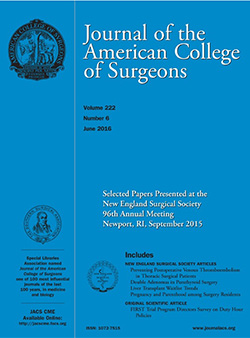 A journal has retracted
A journal has retracted 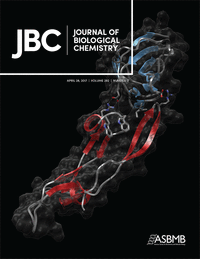
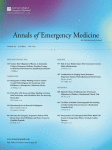 A journal has temporarily removed a paper showing the dramatic differences in the cost of providing emergency care that
A journal has temporarily removed a paper showing the dramatic differences in the cost of providing emergency care that 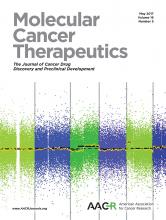 The former vice chancellor for research at the University of California, Los Angeles, has
The former vice chancellor for research at the University of California, Los Angeles, has 

 For the second time, a journal has quickly retracted a study that suggested vaccines raise the risk of autism and other neurodevelopmental disorders.
For the second time, a journal has quickly retracted a study that suggested vaccines raise the risk of autism and other neurodevelopmental disorders.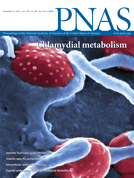 In 2012,
In 2012, 